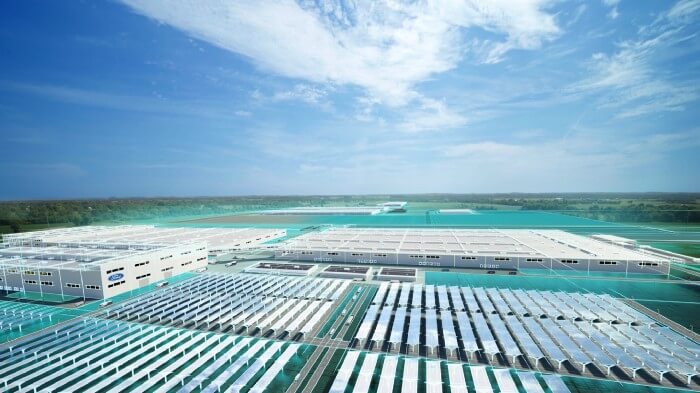We’ve written in past blogs about the pivotal nature of the moment facing labor unions and progressive organizations. This blog is a little different. This is the start of a story. One that I view through a lens that assumes two rapidly approaching inevitabilities: a wide-scale energy transition, and the development of the workforce we need to get it done. Our looming, global climate catastrophe is driving (or soon will drive) governments and America’s largest corporations to commit to substantive change–because they must. With change comes transition. With transition, opportunity–and risk. The risk is self-evident: climate catastrophe and economic collapse. The opportunity, which is nothing short of creating a just and moral economy, can only be seized when working people push decisively for change. This means leveraging their power in truly innovative ways.
The story I want to tell is set in a handful of small towns across several Tennessee counties. Mason, a quiet, unassuming town situated on less than two square miles in Tipton County, about 45 minutes outside of Memphis, serves as a good example for many of the other small towns that dot the western Tennessee landscape, and not unlike many of the small towns that stitch together the fabric of the American South. There are 1,600 people living there. The population is majority Black–over 68%. Driving through a rural area like this, you might think it’s an unlikely birthplace for sweeping, wholescale progressive change in the South. But, that’s exactly what’s possible; and community members and organizers are working to accomplish that in and around Mason–or at least, make a start.
In September of last year, Ford announced that this area will be the site of a new auto-manufacturing plant, slated to open in 2025. The plant will create at least 6,000 jobs to produce electric vehicles. That figure doesn’t include the many thousands of other jobs that will spring up to support the plant itself, from construction to the ancillary industries that will grow to support the logistics involved with running a factory that size.

The upshot of all this will be a radical transformation in the landscape of western Tennessee. Mason will become a 1,600-person satellite orbiting Blue Oval City, the Ford “mega campus” where thousands of workers will start manufacturing electric cars in just a few short years. This begs the immediate, pressing question: What will that mean for Mason’s residents?
Ford has outlined their intentions to work with the community to mitigate the impact of its plant’s arrival. In a press release from September of last year, the corporation referenced the work they’ve done with “organizations that improve the quality of life in Tennessee,” although the details in this press release are slim. More exciting are the specific commitments Ford has made to build a factory that achieves “a vision of carbon neutrality, zero waste-to-landfill and, once fully operational, meet the company’s air emission goals.” Ford also claims that their jobs training program, run onsite at the mega-campus, will give western Tennessee residents access to cutting-edge manufacturing skills to match the future of our economy and address the dangers we face from climate change. That Ford put this in a press release is well and good, but there is no mention of UAW or any of the other unions that represent Ford workers around the country. There will still be the considerable challenge of holding Ford accountable to these promises. As always, working people will need to demand that their voices be heard. How established labor unions and progressive organizations will choose to resource and support that effort remains to be seen.
Our society is in a watershed moment. That is not up for debate. We know jobs training and the future of trade labor is a priority the AFL-CIO and its affiliates take seriously: the evidence of that is everywhere in union-sponsored apprenticeships, continuing education programs, and intra-union mentoring programs. Ford and the UAW already have a relationship of this type. This is a natural way for unions to partner with corporations on training a skilled post-fossil-fuels workforce using existing structures. It’s an obvious point of alignment, and an avenue to press for the jobs created at this new plant to be union jobs.
When I want clarity in my thinking on heavy topics like economic transformation, I seek out collaborators. Progressive campaigners with their eye on the ball know that union power is necessary to accomplish a broad range of progressive ideals. My friend and former colleague Derrick Figures, who runs the Labor and Economic Justice Program at Sierra Club, has his eye on the ball. I called him to get his thoughts on the possibilities that lie before us in western Tennessee. “Our theory of change is that we can’t have an equitable energy transition for all communities without unfettered access to union jobs,” Derrick says. “Communities, particularly communities of color, have to be intentionally educated, organized, and included in discussions about what the transition to equitable clean energy means for them in terms of health, wealth, and their families’ futures.”
What must be done here goes beyond jobs training and fair compensation, and the opportunities are truly eye-widening. Blue Oval City will impact everything in western Tennessee from wages to wastewater management. The Ford Foundation already has a nonprofit designed to help craft Community Benefits Agreements in areas where they pursue massive development projects. Utilizing this framework, the placement of a “mega-campus” like Blue Oval City near a town like Mason presents an opportunity to establish a sustainable, cooperative industrial arrangement that embodies the values of the entire progressive community: to bargain long-term, positive impacts for the community, the state, and the globe as a whole. After all, that is the power of unions–to exert leverage on their employers to do the right thing.
That being said, corporate responsibility, at this time, is an oxymoron at best. Their public campaign around the way they intend to build Blue Oval City might be very slick, but this is still Ford we’re talking about. And their primary partner in this venture is SK Innovation, a South Korean petroleum company with “an interest in alternative energy.” The concept of a “mega campus” itself seems diametrically opposed, in some ways, to the spirit of an environmentally advanced facility. No doubt, we’re still dealing with corporate actors trying to hold and consolidate power. As every organizer worth their salt knows, healthy skepticism is absolutely called for when engaging with corporate actors.
But. The fact that we’re even talking about a credible pathway to developing an environmentally sound factory for electric vehicles through a corporate-community-union partnership is a dramatic signal that this is a moment of tremendous transition and possibility. Imagine what Blue Oval City could mean for Mason and the other towns within its footprint: good jobs, thriving infrastructure, environmentally sound waste management practices, clean air, safety, and the ability to care for families. In short, that elusive, ephemeral vision many conjure when pondering the “American Dream.”
So what will this take? First, unions and progressive organizations need to see this moment for what it is–an all-in clarion call to action. It’s going to take these organizations investing strategically and deeply in the establishment of semi-permanent coalitions that are powerful enough to influence how cities and states decide how industries and infrastructure will be built and run in our future economy. And it will take a commitment from these organizations to learn from their own innovative campaigning about what moves people to action–especially across constituencies and geographies that have traditionally been siloed. The fight for an equitable energy transition will play out in town after town in rural America for the foreseeable future. Building momentum will be essential to victory. It is imperative that coalitions working for a just transition to our new economy collect great data, analyze it at scale, and act on their insights in subsequent campaigns. The tools necessary to do these things are already here. Unions and allied organizations have got to start using them if we want working people to be true stakeholders in the remaking of our economy.
It takes the power to impact the means of production to force the boss to do the right thing. Not just at the bargaining table, not just for the communities who rely on the economic stability that is negotiated at the bargaining table, but for the environment that surrounds and impacts us all. The doom clock is ticking, and we can’t count on our government to fix it. Not this time. It’s time to think big, because we must.



